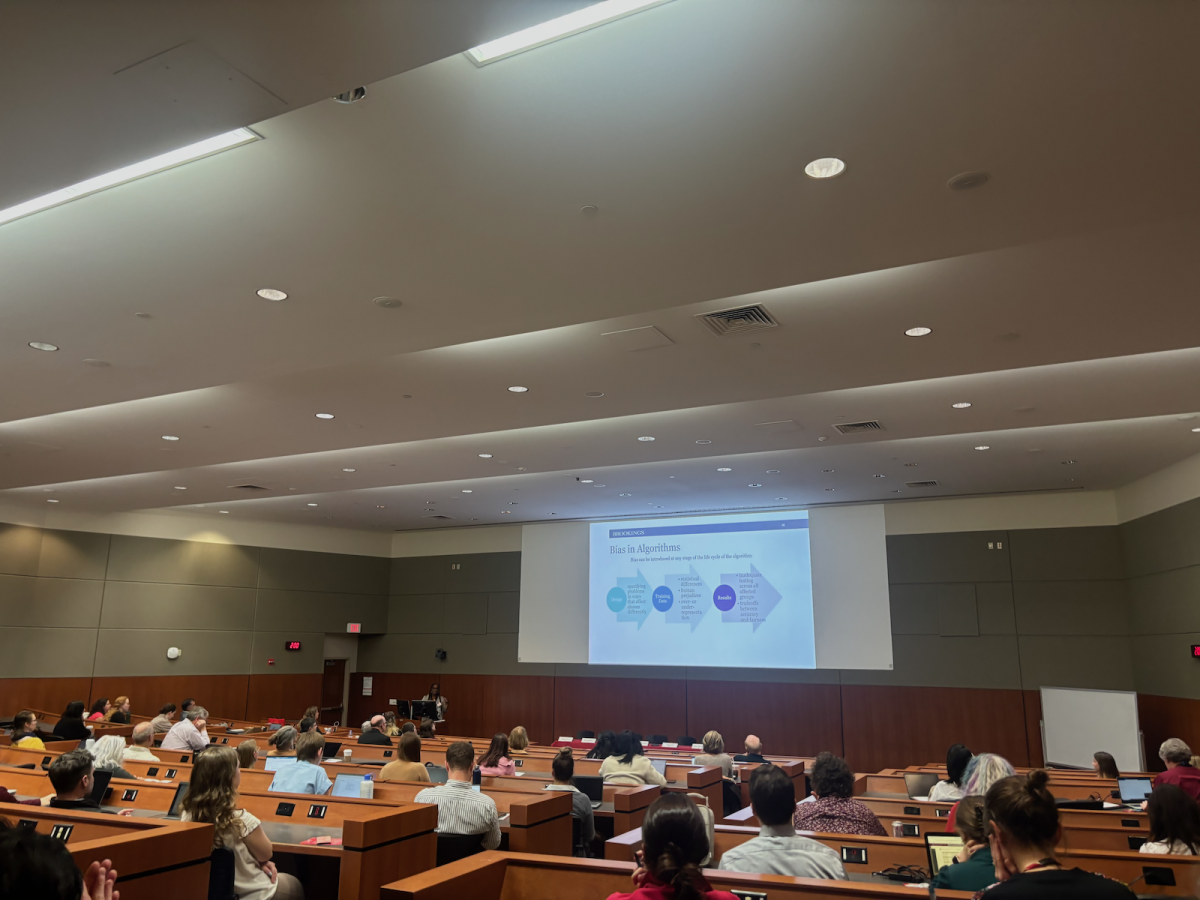Wisconsin has a strong open meetings law that aims to ensure public participation. It’s always been unclear if the law covers student governments, so a recent Attorney General opinion was welcome news. The AG’s opinion was that so long as the student government was carrying out its duties under state law, they should follow the open meetings law.
This is somewhat moot at UW-Madison for ASM. Under the ASM bylaws, which were written long before the AG’s opinion was issued, ASM has to follow the state open meetings law. Unfortunately, ASM has been a bit sloppy.
One of the great things about the WI Open Meetings law is that anyone can ask for clarification. Two situations in ASM bothered me enough to take the AG up on that option, and so in November I wrote asking for clarification. I got back a written response the other day. You can see my questions here, and read a PDF of the AG’s written response here. I’ll summarize briefly my two questions and the answer.
The first question was over timing of agenda notifications. The agenda needs to be posted no later than 24 hours before a meeting. On November 10th, I stopped by the ASM offices at exactly 6:30, saw the agenda, and noted something important had been left off. A corrected agenda was posted at 6:45. At the meeting on the 11th, there was a conscious effort to foot-drag to make sure the meeting did not start until 6:45. (To be fair, at that point in the semester, people were harried, and it’s possible the meeting would not have started until 6:45 anyway).
My question to the AG was: is this legal? The AG laid out a pretty clear guideline: it depends on what the effect it would have on members of the public. If it only caused people to arrive for the meeting 15 minutes early, then there wasn’t really any harm done. However, and the situation that I was concerned with, was what if it caused people NOT to attend a meeting. Here’s how it could happen.
The agenda needs to provide people with a reasonable idea of what will and will not be discussed and acted on at a meeting. The ASM agenda evolves over time – if you ask the ASM chair 3 days before a meeting what will be discussed he or she will have a pretty good idea, but things come up that add or remove agenda items. If you look at an agenda on Sunday, it may be different than the agenda on Monday. The 24 hours rule gives a clear safe harbor for checking the agenda: if it is not on the agenda on 6:30pm on Tuesday, then it will not be discussed on Wednesday night at the meeting. There is no need to check any earlier or later (though, it never hurts to look early). It is possible that by changing the agenda after 6:30pm, someone looked at the agenda as it was posted at 6:30, saw that their issue wasn’t on the agenda, and decided not to come to the meeting, even it was later added to the agenda.
Now, at the November 11th meeting, am I worried that this was an issue? No, not really. First, the actual agenda item was pretty inconsequential – to be honest I don’t even remember what it was (I think it was some internal appointments to a committee that had no objections.) Second, no one comes and looks at our agendas, and even if they do, the window of vulnerability was only 15 minutes in this instance. (Though, ASM has gone longer delaying the start of a meeting – at the July meeting, the meeting didn’t start until about an hour after the scheduled start, because there wasn’t quorum.) The true value of this incident, and the AG’s opinion, is the clear emphasis on the consideration of “reasonable burden” that ASM can expect to place on a member of the public when providing notice of a meeting and the meeting’s content. It is not likely that ASM placed an unreasonable burden on anyone by delaying the meeting on November 11th.
That idea of reasonableness went right into my next question. ASM, like most governmental bodies, considers the meeting officially noticed when physical copies of the agenda are placed in a designated spot. Government bodies generally post them electronically as well, but the canonical document is the physical version, so you don’t have to own or be able to use a computer to access the notice. (For every hypothetical you can come up with on why an electronic version is better, I can come up with a problem why electronic versions are more dangerous, so let’s not have that argument today. We should do both, but the official notice should be the physical copy.) When ASM physically posts an agenda, it places the whole packet on a shelf outside the ASM office. The top page or two is the agenda, and the next 15 to 20 (or more) pages are supporting material.
What has been long-standing tradition in ASM is to get the agenda and packet posted a couple of hours, if not days, before the 24-hour deadline. The ASM Chair, Vice-Chair, or Secretary are the only ones who usually print the agenda. However, it’s fairly routine that should have been on the agenda don’t make it, either because of a mistake or just not getting it done as fast as it was needed. In this case, the practice has been for the council member or committee chair to just put all of the materials under the stack, but not reprint the agenda. (This is all done before the 24-hour deadline has arrived.) At the actual meeting, a motion is made to just amend the agenda to add the item. ASM has considered the item “noticed” because it was present in the stack of paper that is provided for the public. The assumption has been that any member of the public who wants to know what will be in the meeting will read the entire packet, not just the agenda on the top of the stack.
I have objected to this at every meeting it has been attempted, and have usually prevailed. I never felt that it is reasonable to ask the public to read through the entire stack, and hope that they can figure out the ASM jargon in the supporting material and figure out what will actually happen at the meeting. I’m pleased that the AG’s office agrees with me, and I hope this convinces the rest of the council that getting agenda material on time is important.
I think everyone in ASM recognizes that that there is work to be done on keeping the public informed. Unfortunately, most of that thinking is on reporting afterwards, and not informing ahead of time. Putting a piece of paper on a shelf may be the legal minimum, but no one could, with a straight face, justify it as doing enough to actually notify the public.








